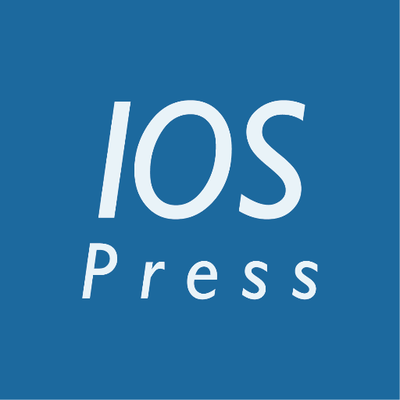Title:
Integrated sensing for disease prevention and automated health alerts in smart homes
Short Description and Focus of Chapter:
The rapid development of elderly population is changing demographics in Europe and North America and imposes barriers to healthcare systems that may reduce the quality of service. Telemedicine is a potential solution supporting the real-time and remote monitoring of subjects as well as bidirectional communication with medical personnel for care delivery at the point of perception. Smart homes are private spaces where subjects (e.g., elderly or healthy, disabled, or diseased-suffering individuals) spend the majority of their time. Hence, turning smart homes into diagnostic spaces for continuous, real-time, and unobtrusive health monitoring allows disease prediction and prevention before the subject perceives any symptoms. According to the World Health Organization (WHO), health, well-being, and quality of life (QoL) assessment requires the monitoring of interwoven domains such as environmental, behavioral, physiological, and psychological. In this work, we give an overview on sensing devices and technologies utilized in smart homes, which can turn the home into a diagnostic space. We consider the integration of medical/non-medical and wired/wireless sensing devices from all four WHO domains with respect to raw and processed data, transmission, and synchronization. We apply the bus-based scalable intelligent system (BASIS) to construct a hybrid topology for hierarchical multi-layer data fusion. This enables event detection and alerting for short-time as well as prediction and prevention for long-time monitoring.
Corresponding Author:
Prof. Dr. Thomas M. Deserno
Position/Affiliation:
Director, Peter L. Reichertz Institute for Medical Informatics of TU Braunschweig and Hannover Medical School, Germany
Short Biography:
Prof. Dr. Thomas M. Deserno (born as Lehmann) received the Diploma (Masters’ degree) in electrical engineering (School of Engineering), the PhD (summa cum laude) in computer science (School of Science), and the habilitation in medical informatics (School of Medicine) from the RWTH Aachen University, Aachen, Germany, in 1992, 1998, and 2004, respectively. Between 2007 and 2017, he was full professor of medical informatics at Uniklinik RWTH Aachen. Since 2017, he is CEO of PLRI Campus Braunschweig.
Further information are found here.
Submission Status of Book Chapter:
Abstract: submitted
Draft: submitted
Final Version: submitted
